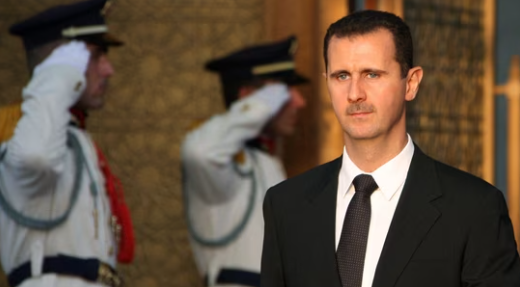Russia announced on Monday that it has granted political asylum to former Syrian president Bashar al-Assad. Kremlin spokesperson Dmitry Peskov revealed that Russian President Vladimir Putin made the decision after Assad fled Syria on Sunday, following his resignation amid a surprise rebel offensive that ended his rule, AP reported.
While Peskov did not disclose Assad’s current location, he stated that Putin does not plan to meet with the exiled leader. Assad’s abrupt departure came 13 years after his harsh crackdown on anti-government protests sparked Syria’s devastating civil war. Although the conflict had subsided in recent years, the recent rebel advance reignited tensions and ultimately toppled Assad’s regime in a matter of days.
“This victory, my brothers, is historic for the region,” declared Abu Mohammed al-Jolani, leader of the Islamist Hayat Tahrir al-Sham (HTS) group, which spearheaded the rebel offensive. His address from the iconic Umayyad Mosque in Damascus on Sunday underscored the symbolic significance of their triumph.
The asylum grant highlights Russia’s ongoing influence in Syria, despite the seismic shifts in the nation’s leadership. Assad had long been a key ally of Moscow, with Russia providing critical military and political support during the civil war.
The rebel victory and Assad’s exile represent a pivotal moment for Syria, with regional and global actors closely watching the unfolding dynamics. For Russia, extending asylum to Assad not only signals solidarity with a former ally but also positions Moscow as a continued power broker in the region.








 India
India












